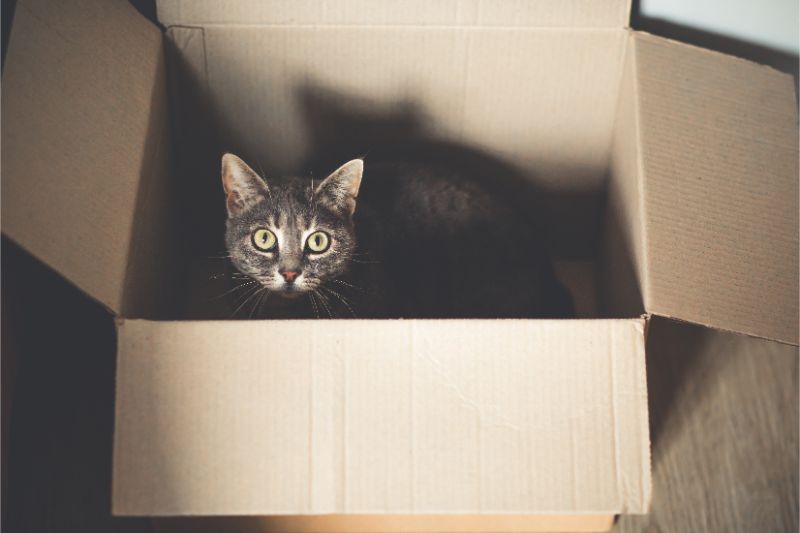Blog
Battling Fear, Phobia, and Pet Anxiety With Patience and Understanding

Summer has a lot to offer pets and their families, but sadly the season is not free of threats to their health and wellness. Aside from the risks associated with high heat and humidity, pets have to contend with thunderstorms, fireworks, large-scale events, and backyard BBQs. Sure, some pets can remain calm, but others are at an increased risk of developing deeply-felt pet anxiety.
So Many Choices
Like us, pets feel emotions, and the ways in which they respond to certain stimuli can be unexpected. For example, some pet owners may underestimate the extent of their pet’s fear, stress, or anxiety – or not even realize they’re suffering at all. Pets are hardwired to hide signs of fear, but once pet anxiety takes root it can be difficult to overcome.
Everybody Knows
Pet anxiety might not be so hard to deal with if it didn’t negatively impact a pet’s ability to relax and enjoy life. But the sad truth is, pet anxiety diminishes quality of life and directly affects all members of the household. An anxious pet may demonstrate any of the following red flags:
- Clinginess
- Increased, urgent vocalization
- Pacing
- Whining
- Hiding
- Destructive chewing, digging, or soiling inside the house
- Overgrooming
Separation Anxiety
Pet anxiety can stem from various aspects of life, including becoming separated from beloved family members of caregivers can definitely trigger a response from animals. Separation anxiety can be very difficult to reverse, but with time, patience, and positive reinforcement training, animals can begin to realize that their people will always come back for them.
The Bigger Picture
For some pets, car anxiety is a tough one to combat. Others suffer anxiety from loud, persistent, or unpredictable noises. Undoubtedly, pets can develop phobias in relation to events like thunderstorms if they were previously threatened by one. While they can sort of sense when storms are brewing, fear and anxiety stem more from not being able to truly anticipate the intensity.
It’s a good for many pets to keep them in a quiet, secure spot to wait out loud events like storms or fireworks. Play soothing music. Offer lots of reassurance, and be sure that they cannot bolt out the door in an attempt to escape the fear.
Coping With Pet Anxiety
To help pet owners handle the symptoms of pet anxiety, we recommend the following:
- Schedule a wellness exam to rule out any underlying medical conditions that can manifest in symptoms similar to pet anxiety.
- If all else is considered normal, increase exercise and mental stimulation to keep your active pet happy and tired.
- If you’re away for long periods, hire a dog walker or pet sitter to give attention, take walks, and relieve fear.
- Basic obedience is essential to building confidence in dogs.
- Consider behavior modification to decrease their reaction to specific stimuli.
- Desensitization can help control future responses by creating opportunities of repeated exposure in a supportive way.
- Counter-conditioning can teach pets to perform “good” behaviors instead of a “bad” ones when triggered.
- Never scold or punish your pet, as this can inadvertently reinforce symptoms of pet anxiety.
- Prescription medication can be effective in treating severe pet anxiety symptoms, but only after sustained attempts to train (or re-train) a pet’s reactions.
If we can assist you further at 10 West Bird & Animal Hospital, our doctors and staff are always here for you!
